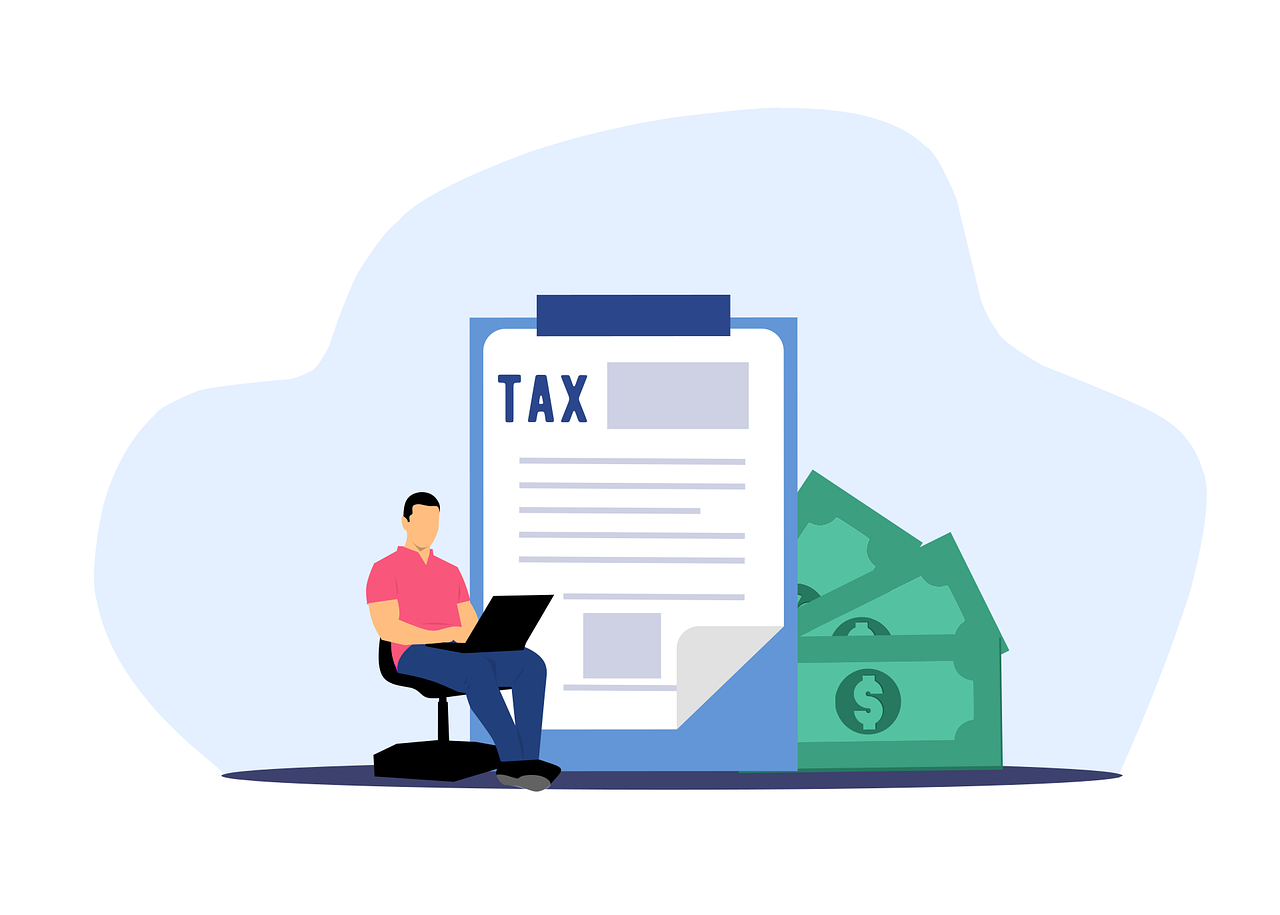Category: Tax Strategy
How the Three Tax Buckets Can Help You Reduce Your Tax Bill
By Mark Sipos, LFG Tax Director When it comes to building a smart financial strategy, understanding how your income is taxed is just as important as how you invest it. That’s where the concept of the three tax buckets comes in — a helpful framework used in tax-efficient investing and retirement planning to help you minimize your tax burden and maximize your income. The first tax bucket is ordinary income, which includes your wages, pensions, Social Security, and interest from CDs, high-yield savings accounts, and money market accounts. These income sources are taxed at your marginal income tax rate, meaning the more you earn, the more tax you pay. Many people don't realize that interest income stacks on top of other income, potentially pushing them into higher brackets. That’s why understanding after-tax returns is critical when evaluating fixed-income investments. The second bucket is for capital gains and qualified dividends. This includes gains from selling stocks, ETFs, mutual funds, and real estate. Short-term capital gains (assets held under a year) are taxed at your ordinary income rate. Long-term capital gains (held for a year or more) are taxed at more favorable rates — 0%, 15%, or 20% depending on your income. Many married couples can earn over $100,000 and still pay 0% capital gains tax, thanks to the standard deduction. This makes capital gains a key part of any tax planning strategy. The third bucket is the tax-free income bu
Tax Strategies to Consider Before Year-End
With the year coming to a close, now is the perfect time to start thinking about tax planning to maximize savings for 2024. Many opportunities for tax adjustments close at year-end, so early preparation can be key to achieving the best possible results. Here are some strategic tax planning tips to consider for the final quarter of the year. The last quarter offers a unique opportunity to review income, deductions, and potential tax-saving strategies while there's still time to act. For business owners, deferring income until next year or accelerating expenses can provide tax advantages. Charitable contributions and pre-paying taxes are also options to consider. Accelerating certain expenses, like equipment purchases, may allow for deductions in 2024, helping to reduce this year’s taxable income. Another useful strategy comes in the form of tax loss harvesting, which involves selling securities at a loss to offset capital gains. Although the final position of your portfolio won’t be set until year-end, starting a review now provides time to make adjustments and capture potential tax benefits. The last few months of the year also provide an ideal time to maximize contributions to retirement accounts like 401(k)s, 403(b)s, and 457 plans. Health Savings Accounts (HSAs) and Flexible Spending Accounts (FSAs) can still be funded, providing further tax advantages. If you’ve turned 73 this year, it’s essential to plan for the required minimum dis




 Virteom
Virteom